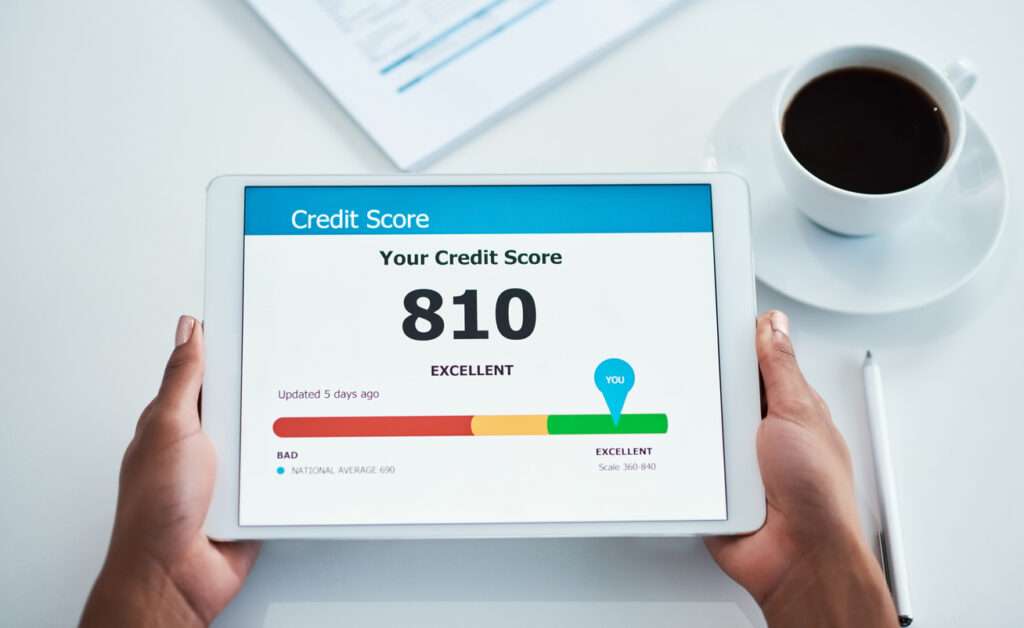Want to work on improving your credit but not sure where to start?
Increasing your credit score involves a combination of responsible financial habits, strategic use of credit, and timely payments.
Here are several strategic ways to improve your credit score:
- Pay Bills on Time: Your payment history is the most significant factor in your credit score. Ensure you pay all your bills, including credit cards, loans, utilities, and rent, on time every month.
- Reduce Credit Card Balances: Keep your credit card balances low relative to your credit limit. Aim to use no more than 30% of your available credit, and ideally, keep it under 10%.
- Increase Credit Limits: Request an increase in your credit card limits. This can lower your credit utilization ratio, provided you don’t increase your spending.
- Become an Authorized User: Ask a trusted family member or friend with good credit to add you as an authorized user on their credit card account. Their positive credit history can reflect on your credit report.
- Diversify Credit Types: A mix of credit types (credit cards, installment loans, retail accounts, mortgage) can improve your score. However, only take on new credit if it makes sense for your financial situation.
- Limit Hard Inquiries: Each hard inquiry on your credit report can slightly lower your score. Avoid applying for multiple credit accounts in a short period.
- Check Credit Reports for Errors: Regularly review your credit reports from the three major bureaus (Equifax, Experian, TransUnion) for inaccuracies or fraudulent accounts. Dispute any errors you find.
- Set Up Payment Reminders or Auto-Pay: Use reminders or set up automatic payments to ensure you never miss a due date.
- Pay Down Debt: Focus on paying down existing debt, particularly high-interest debt, to improve your debt-to-income ratio and overall creditworthiness.
- Use Old Credit Cards: Keep old credit accounts open and active. The length of your credit history impacts your score, so maintaining older accounts can be beneficial.
- Balance Transfers: Consider transferring high-interest credit card debt to a card with a lower interest rate. This can help you pay down your debt more quickly, though be mindful of any transfer fees.
- Secure a Credit-Builder Loan: Some banks and credit unions offer credit-builder loans designed specifically to help individuals build or improve their credit.
By consistently applying these strategies, you can gradually improve your credit score over time, leading to better financial opportunities and lower interest rates on loans and credit.









